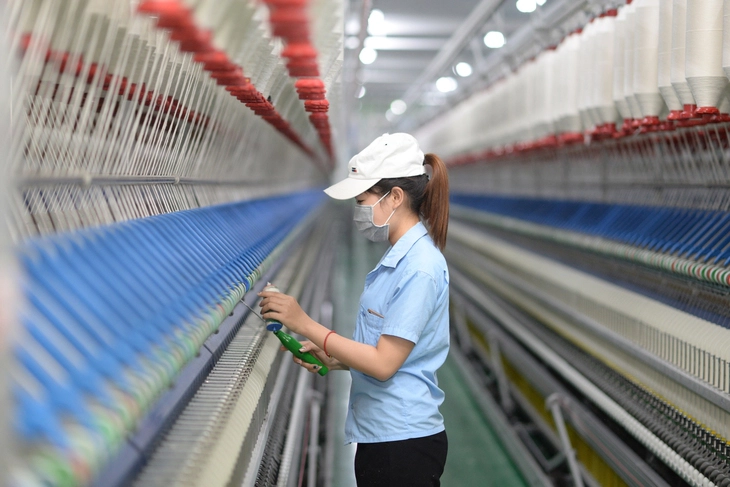
The need to increase added value and labor productivity for export industries such as textiles and garments is more urgent when the US imposes reciprocal tariffs - Photo: Q.NAM
At the Talkshow “Tariffs, Trade Barriers: Actions of Enterprises” organized by Nguoi Lao Dong newspaper on April 11, experts said that Vietnamese enterprises need to prepare many scenarios in different cases regarding US tariffs, especially in the context of an unstable market “day by day”.
Controlling origin, strengthening domestic supply chain
Associate Professor Dr. Nguyen Huu Huan - lecturer at the University of Economics, Ho Chi Minh City - said that one of the reasons why Vietnamese enterprises are being targeted is because of suspicion of becoming a transit point for goods from third countries to avoid taxes. To respond, Mr. Huan said that transparency of origin and supply chain management is a mandatory requirement.
Mr. Nguyen Chanh Phuong - Vice President of the Handicraft and Wood Processing Association of Ho Chi Minh City (HAWA) - said that adding tax requirements will be a legal issue that many businesses will have to pay attention to in the coming time.
In addition, Mr. Phuong believes that strengthening the domestic supply chain, from raw materials, production to logistics, will help businesses be more proactive in the face of external changes. Dependence on foreign supplies is putting many domestic manufacturing industries at high risk when trade policies are tightened.
Instead of just cutting costs to survive, businesses need to shift to investing in innovation and creativity - creating product lines that have their own value, are difficult to replace and are less affected by tariff measures.
Ms. Tran Hoang Phu Xuan - Vice President of the Ho Chi Minh City Textile and Garment Association and General Director of Faslink - believes that products that are different, creative and have high value content are a "private corridor" for Vietnamese enterprises to survive and develop sustainably even when taxed.
“These corridors are built from a combination of research and development (R&D), copyright design, technology application and deeper cooperation with FDI enterprises,” said Ms. Xuan.
Increasing localization to upgrade position in the value chain in the face of US tariff challenges
According to experts, the tariff challenge also exposes a worrying reality: the added value in Vietnam's production chain is still very low. Most Vietnamese enterprises only undertake processing, are easily replaced, vulnerable and have little bargaining power.
Associate Professor Dr. Nguyen Huu Huan analyzed that Vietnam has a trade surplus with the US, but the added value is mainly outside the country. If the localization rate and the value chain are not increased, Vietnamese enterprises will always be passive when world policies change.
Sharing the same view, Ms. Tran Hoang Phu Xuan also stated that Vietnam has the advantage of the domestic market but many businesses have not yet fully exploited this advantage. In addition, Ms. Xuan added that businesses can exchange and learn from FDI enterprises to increase their value in the supply chain.
This is a long-term step, but it is necessary if we want to move up the ladder in the global value chain.
Also within the framework of the discussion, the speakers also commented that the US's imposition of tariffs on most partner countries creates opportunities for Vietnam to take advantage of and find "opportunities" in "danger".
Source: https://tuoitre.vn/ung-pho-thue-quan-cua-my-doanh-nghiep-viet-can-lam-gi-20250411192844431.htm


![[Photo] General Secretary To Lam begins official visit to Russia and attends the 80th Anniversary of Victory over Fascism](https://vphoto.vietnam.vn/thumb/1200x675/vietnam/resource/IMAGE/2025/5/8/5d2566d7f67d4a1e9b88bc677831ec9d)
![[Photo] National Assembly Chairman Tran Thanh Man chairs the meeting of the Subcommittee on Documents of the First National Assembly Party Congress](https://vphoto.vietnam.vn/thumb/1200x675/vietnam/resource/IMAGE/2025/5/8/72b19a73d94a4affab411fd8c87f4f8d)
![[Photo] Prime Minister Pham Minh Chinh meets with the Policy Advisory Council on Private Economic Development](https://vphoto.vietnam.vn/thumb/1200x675/vietnam/resource/IMAGE/2025/5/8/387da60b85cc489ab2aed8442fc3b14a)

![[Photo] General Secretary concludes visit to Azerbaijan, departs for visit to Russian Federation](https://vphoto.vietnam.vn/thumb/1200x675/vietnam/resource/IMAGE/2025/5/8/7a135ad280314b66917ad278ce0e26fa)
![[Photo] President Luong Cuong presents the decision to appoint Deputy Head of the Office of the President](https://vphoto.vietnam.vn/thumb/1200x675/vietnam/resource/IMAGE/2025/5/8/501f8ee192f3476ab9f7579c57b423ad)



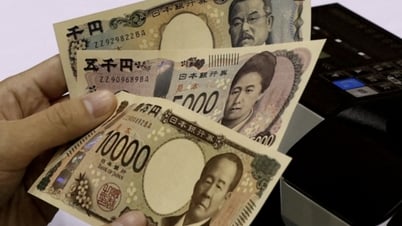
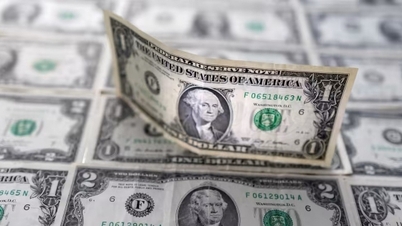











































![[Photo] Prime Minister Pham Minh Chinh talks on the phone with Singaporean Prime Minister Lawrence Wong](https://vphoto.vietnam.vn/thumb/402x226/vietnam/resource/IMAGE/2025/5/8/e2eab082d9bc4fc4a360b28fa0ab94de)














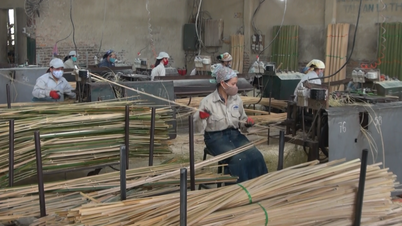
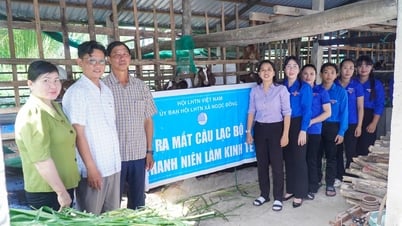



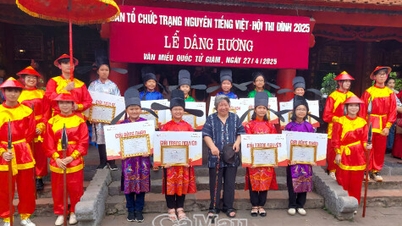












Comment (0)